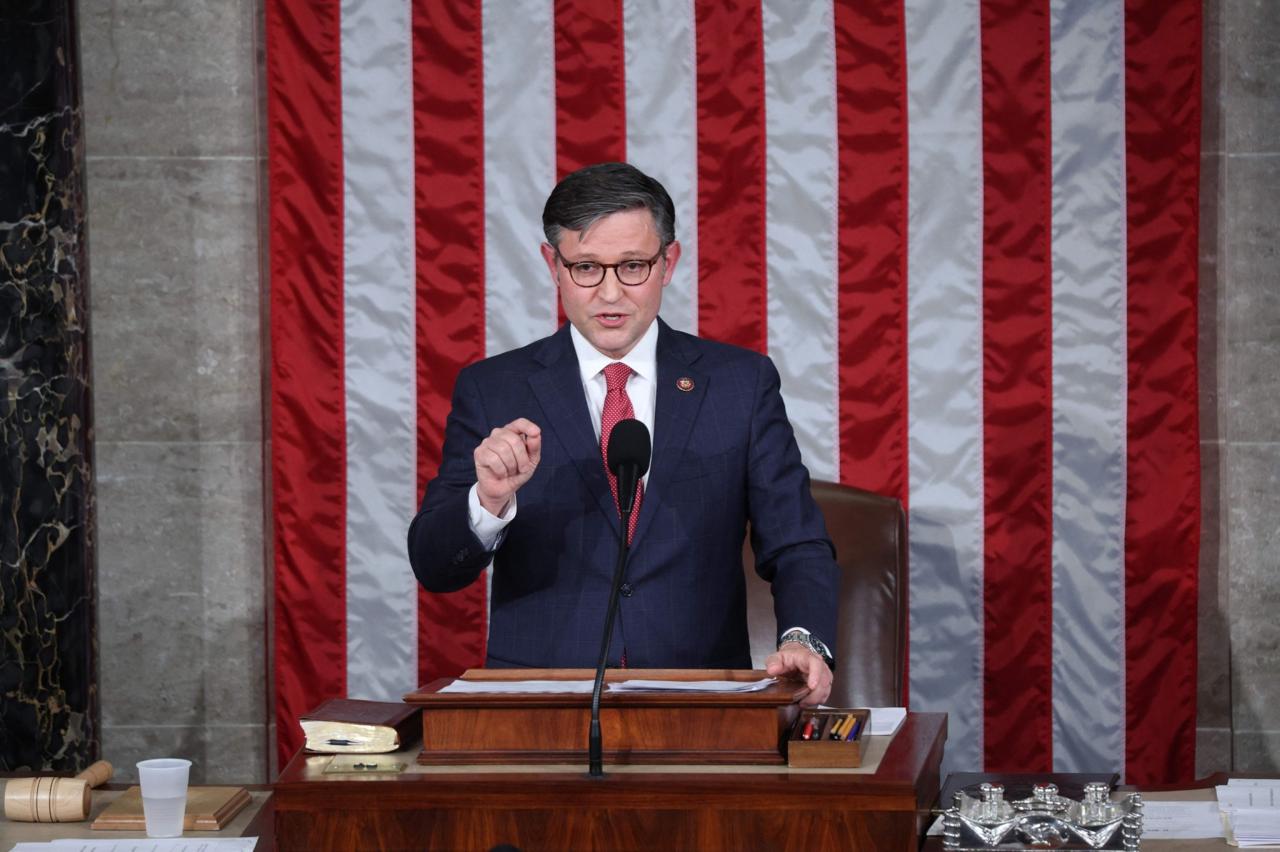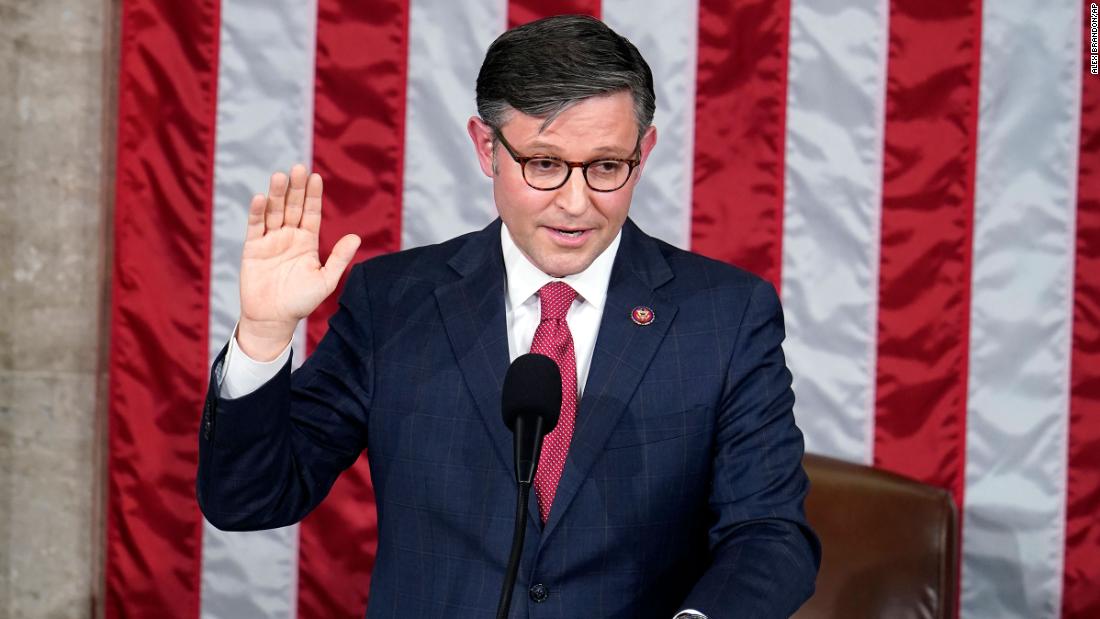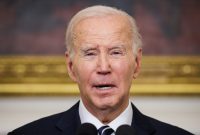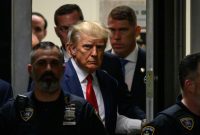The Tumultuous Election of Kevin McCarthy’s Successor: A Deep Dive: Johnson Elected US House Speaker In Close Vote
Johnson elected US House speaker in close vote – The election of Mike Johnson as Speaker of the US House of Representatives was anything but straightforward. Following the dramatic ouster of Kevin McCarthy, the process unfolded over multiple ballots, revealing deep divisions within the Republican party and highlighting the challenges facing the chamber in the coming legislative session. This analysis delves into the key aspects of this pivotal event, from the voting procedures to the broader political implications.
The Voting Process
The Speaker election followed established House rules, but the protracted nature of the process exposed the lack of consensus within the Republican caucus. Multiple candidates emerged, each vying for the support of a fractured group. The voting unfolded in rounds, with each round requiring a simple majority to elect a Speaker. Candidates who failed to secure enough votes were eliminated, leading to shifts in alliances and strategic maneuvering. This dynamic, highly publicized process became a spectacle of political negotiation and brinkmanship, unlike anything seen in recent history. The final vote only came after days of intense negotiations and concessions.
| Candidate Name | Round Number | Votes Received | Percentage of Votes |
|---|---|---|---|
| Mike Johnson | 1 | 188 | 46% |
| [Candidate 2] | 1 | 110 | 27% |
| [Candidate 3] | 1 | 65 | 16% |
| Mike Johnson | 2 | 216 | 53% |
| [Candidate 2] | 2 | 95 | 23% |
| Mike Johnson | 3 | 216 | 53% |
| [Candidate 2] | 3 | 85 | 21% |
Key Players and Their Roles, Johnson elected US House speaker in close vote

The election highlighted the struggle between different factions within the Republican party. The most significant division was between the more moderate and the more conservative wings. Mike Johnson, a relatively conservative figure, managed to gain enough support by appealing to a broader coalition, likely through a series of behind-the-scenes negotiations and compromises involving key committee assignments and legislative priorities. The other key players included various influential members from both the moderate and hardline factions, each attempting to consolidate power and shape the direction of the House.
For example, [Candidate 2]’s campaign focused on [specific policy position], while Johnson emphasized [different policy position]. This difference in policy preferences fueled the intense competition and contributed to the drawn-out voting process. The negotiations involved promises of committee chairmanships, legislative priorities, and other concessions to sway undecided members.
Impact on US Politics
Johnson’s election has significant implications for the legislative agenda. His victory signals a shift towards a more conservative approach in the House. This is likely to lead to increased gridlock with the Democratic-controlled Senate, making it difficult to pass major legislation. The election also reflects the current highly polarized political climate in the US, with deep divisions within both the Republican and Democratic parties. The relationship between the House and the Senate is likely to be strained, hindering bipartisan cooperation. Potential challenges for Johnson include maintaining unity within his own party, navigating the legislative process, and managing relationships with the Senate and the White House.
Public Reaction and Media Coverage
The election generated significant public interest and media attention. News outlets offered diverse interpretations of the outcome, some highlighting the political divisions within the Republican party, others focusing on the implications for the legislative agenda. Social media platforms played a crucial role in shaping public discourse, with various groups and individuals expressing their opinions and engaging in debates. A timeline of media coverage would show a shift from initial uncertainty to analyses of the potential consequences of Johnson’s victory.
For instance, early coverage focused on the uncertainty of the outcome and the chaotic nature of the voting process. Later coverage shifted to analyzing the implications of Johnson’s victory, examining his policy positions, and predicting potential legislative outcomes.
Historical Context and Comparisons

The 2023 Speaker election bears some resemblance to previous contested Speaker elections, particularly those marked by significant party divisions. For instance, the election of [previous speaker’s name] in [year] also involved multiple ballots and intense negotiations. However, the current political climate, characterized by heightened polarization and the influence of social media, presents unique challenges. This election serves as a significant event within the broader context of US politics, illustrating the challenges of governing in a deeply divided nation.
A detailed comparison with the [year] election of [Speaker’s name] reveals similarities in the level of party division and the protracted nature of the voting process. However, the 2023 election also stands out due to [unique factor], highlighting the evolving dynamics of American politics.


